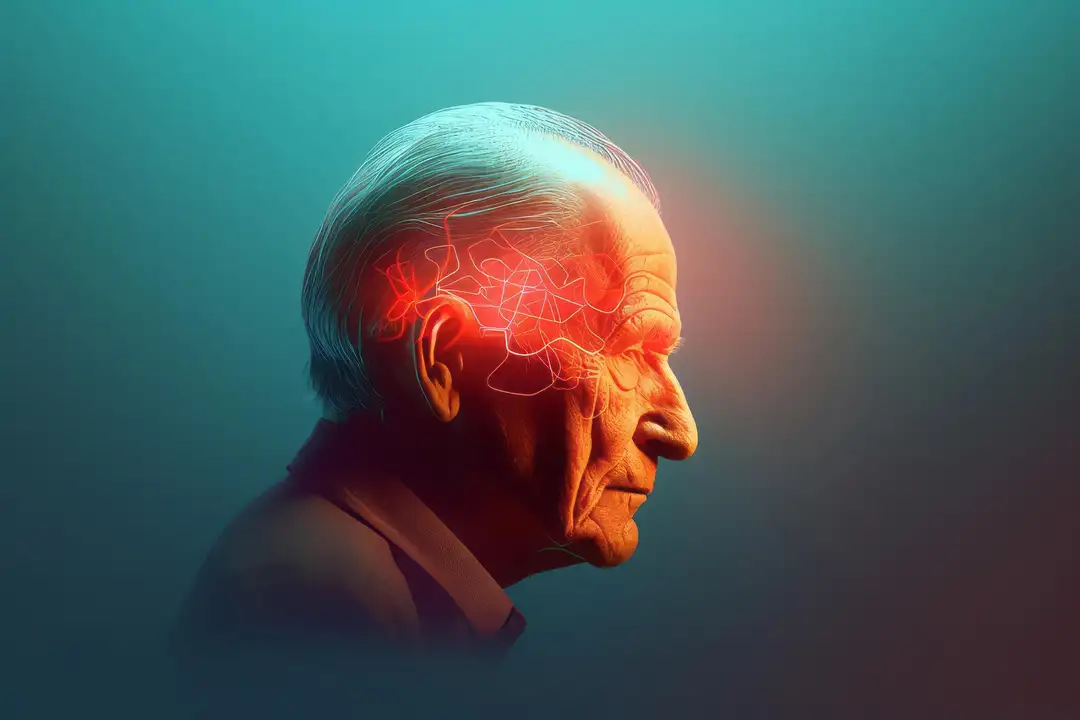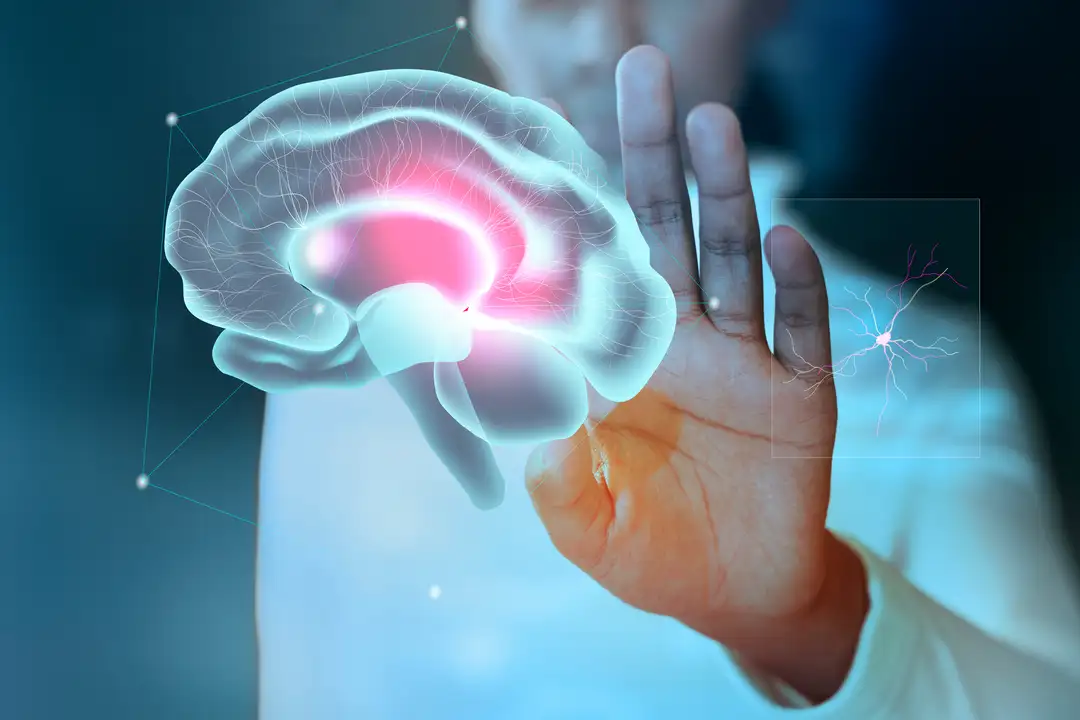
Background:
The diagnosis of bipolar disorder (BD) remains a significant challenge, and timely treatment is crucial to minimize the consequences of the illness.
Early recognition of BD, especially during its prodromal phase, has become an area of growing interest in clinical research. However, the perspectives of patients with BD and their caregivers regarding prodromal symptoms have yet to be sufficiently explored.
This study aims to provide insight into the prodromal symptoms experienced by individuals with BD and their caregivers before the onset of a first manic episode.
Methods:
A qualitative research approach was used to explore the prodromal symptoms in the year preceding the first manic episode. In-depth interviews were conducted with patients diagnosed with type I BD and their caregivers. Inclusion criteria required that patients had experienced their first manic episode within the last five years, ensuring a recent recollection of the symptoms.
Results:
The findings revealed that both patients and caregivers identified prodromal symptoms that could be grouped into seven main themes, each with specific subthemes:
1. Behavior: Increase in activity. Destructive or reckless behaviors. Disinhibited and impulsive actions. Inappropriate or socially inappropriate behavior. Changes in personal appearance.
2. Physical Changes: Alterations in sleep patterns. Notable physical signs or symptoms. Variations in facial expressions.
3. Communication: Changes in reciprocity during interactions. Alterations in communication processes. Modifications in social media usage.
4. Thinking: Changes in the process and content of thinking.
5. Cognition: Difficulty with attention and concentration. Frequent forgetfulness.
6. Emotions: More intense positive emotions. Mood swings or emotional instability.
7. Personality: Intensification of pre-existing personality traits.
Conclusion:
This study highlights the presence of a prodromal phase in bipolar disorder type I, characterized by subsyndromal manic features, emotional lability, physical changes, and a greater manifestation of personality traits.
These findings underscore the importance of identifying and monitoring prodromal symptoms, especially in individuals with depression and a family history of BD. Recognizing these early signals can inform clinical practices and lead to earlier interventions, reducing the impact of the disorder’s progression.
Eva F. Maassen, Lotte Maathuis, Barbara J. Regeer, Ralph W. Kupka…(et al.)
To download the full research, click below:
https://psiquiatria.com/trastorno-bipolar/sintomas-prodromicos-de-un-primer-episodio-maniaco
Sources
- https://psiquiatria.com/trastorno-bipolar/sintomas-prodromicos-de-un-primer-episodio-maniaco




